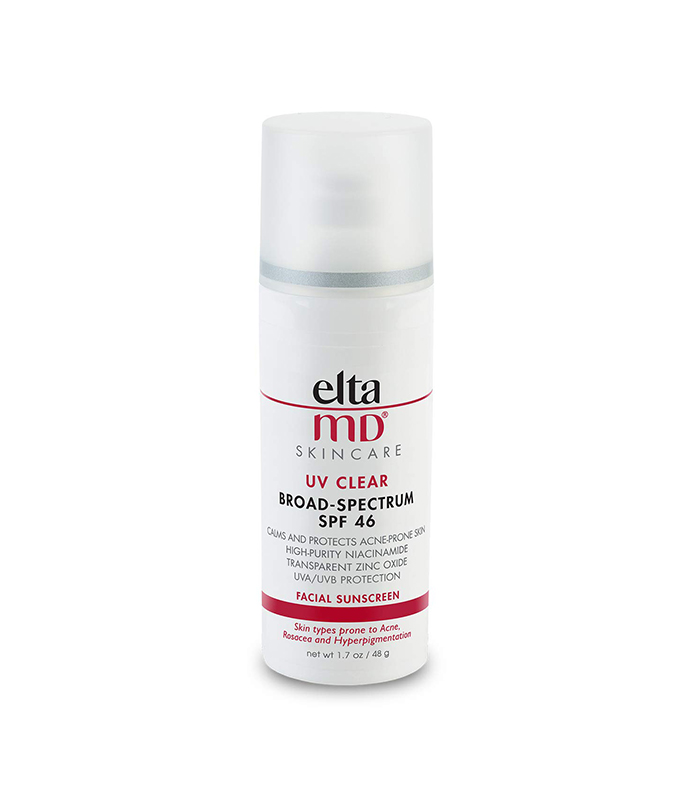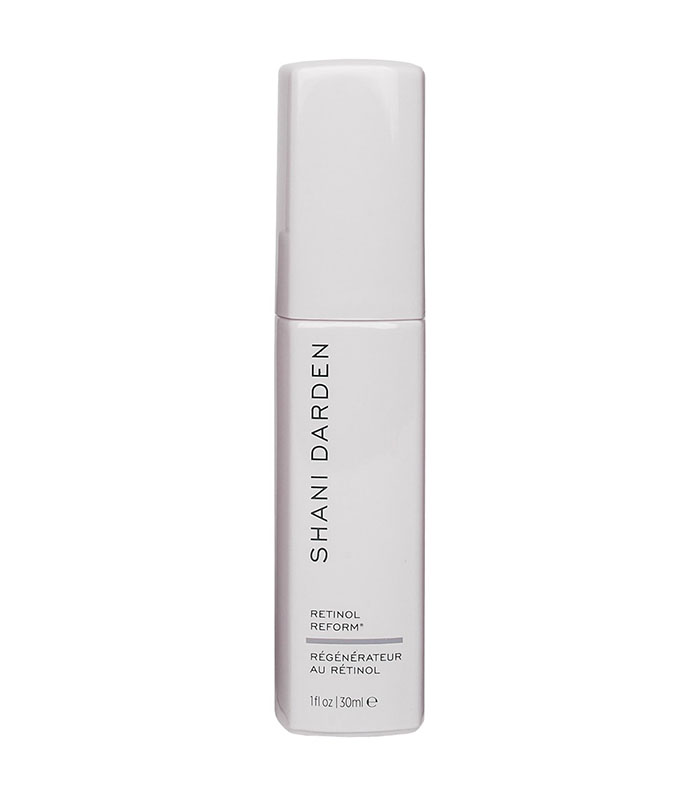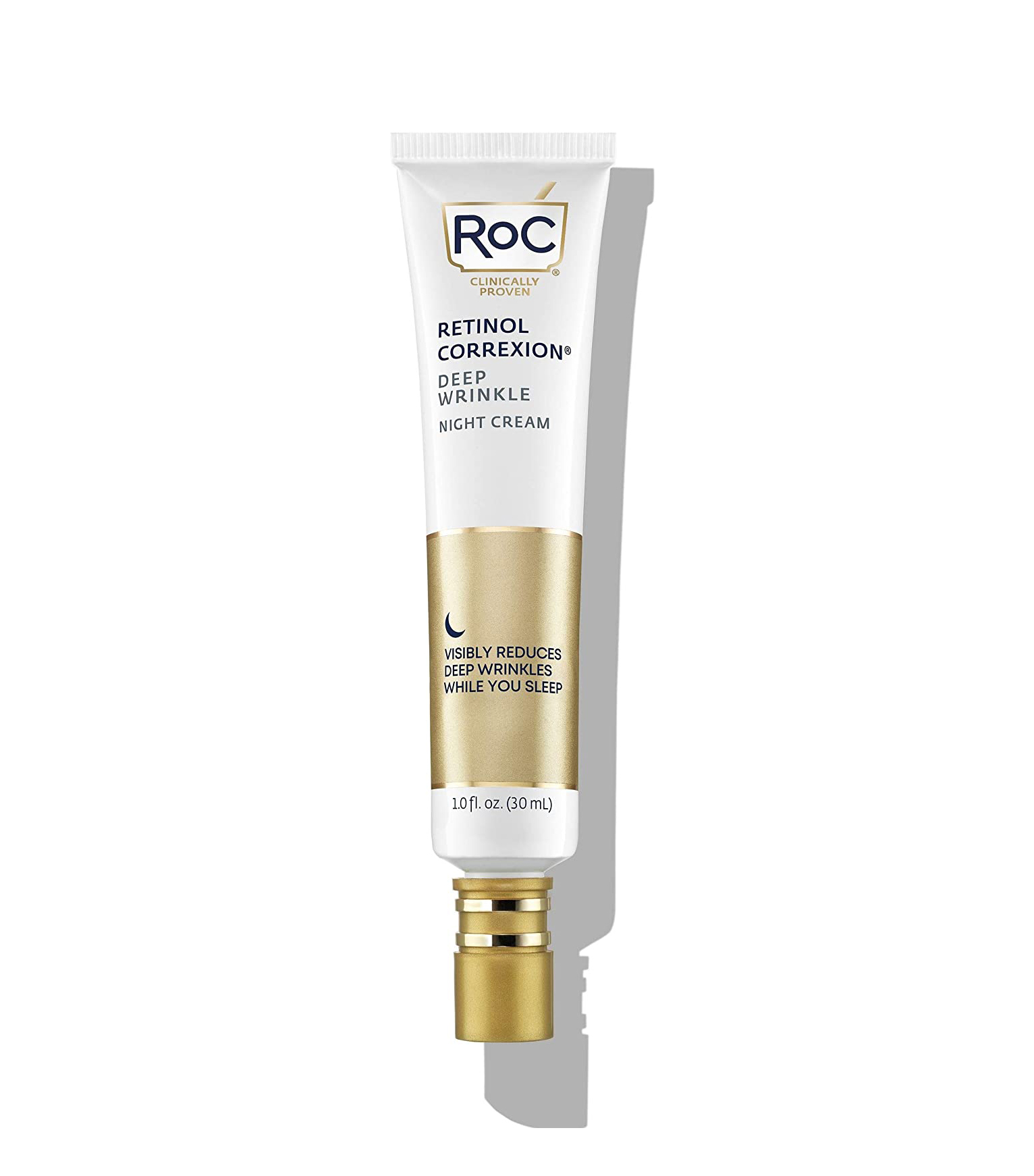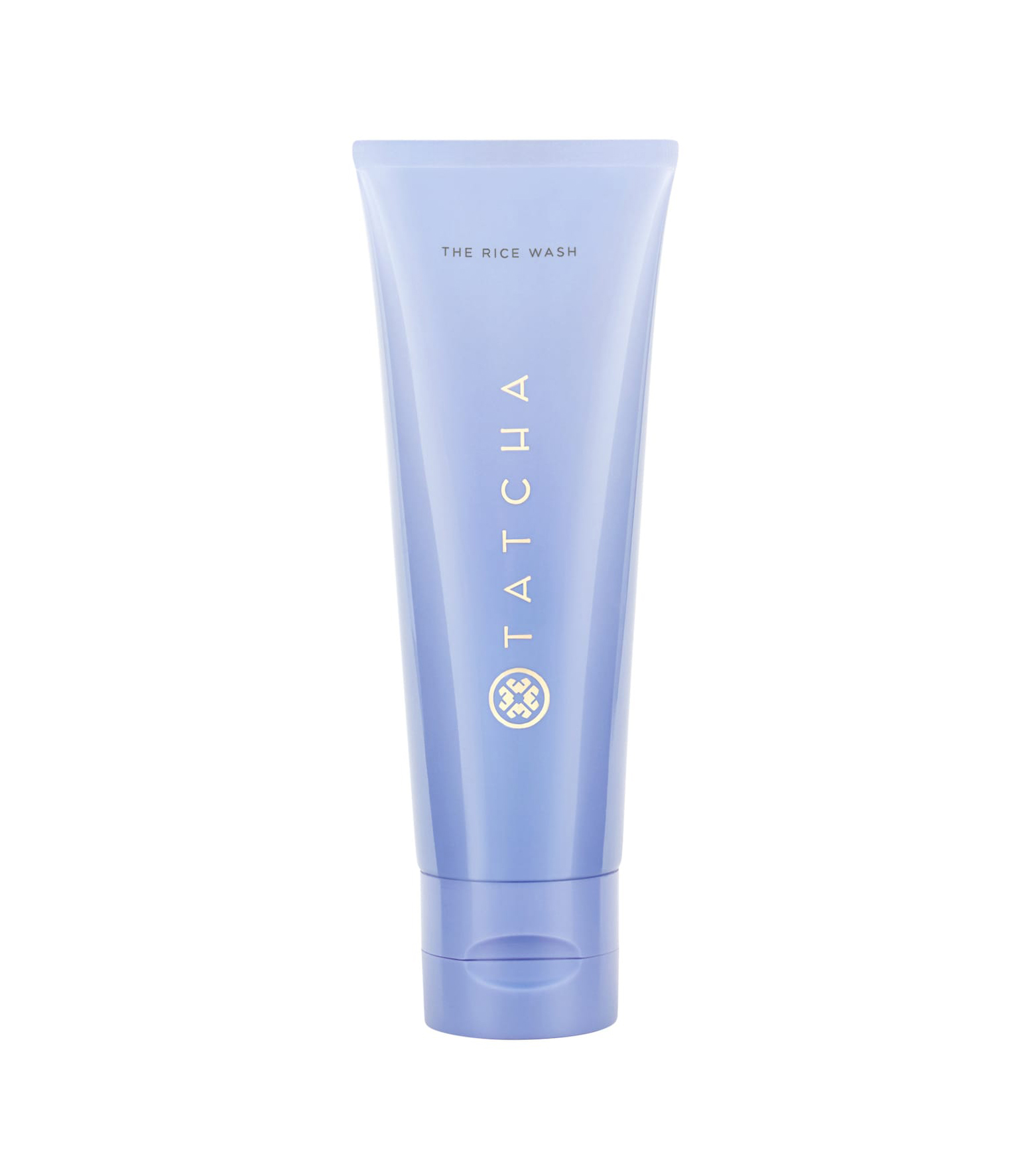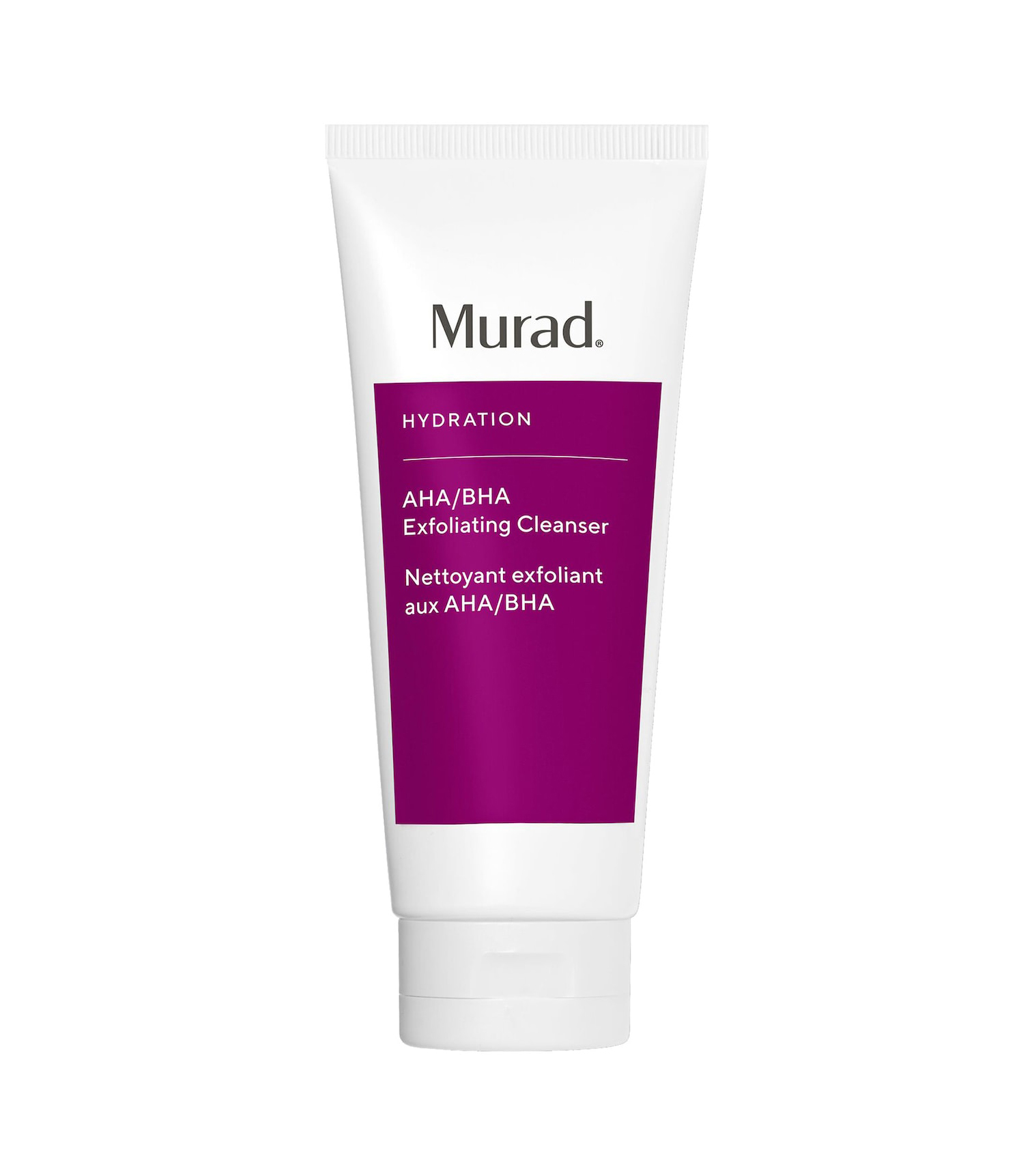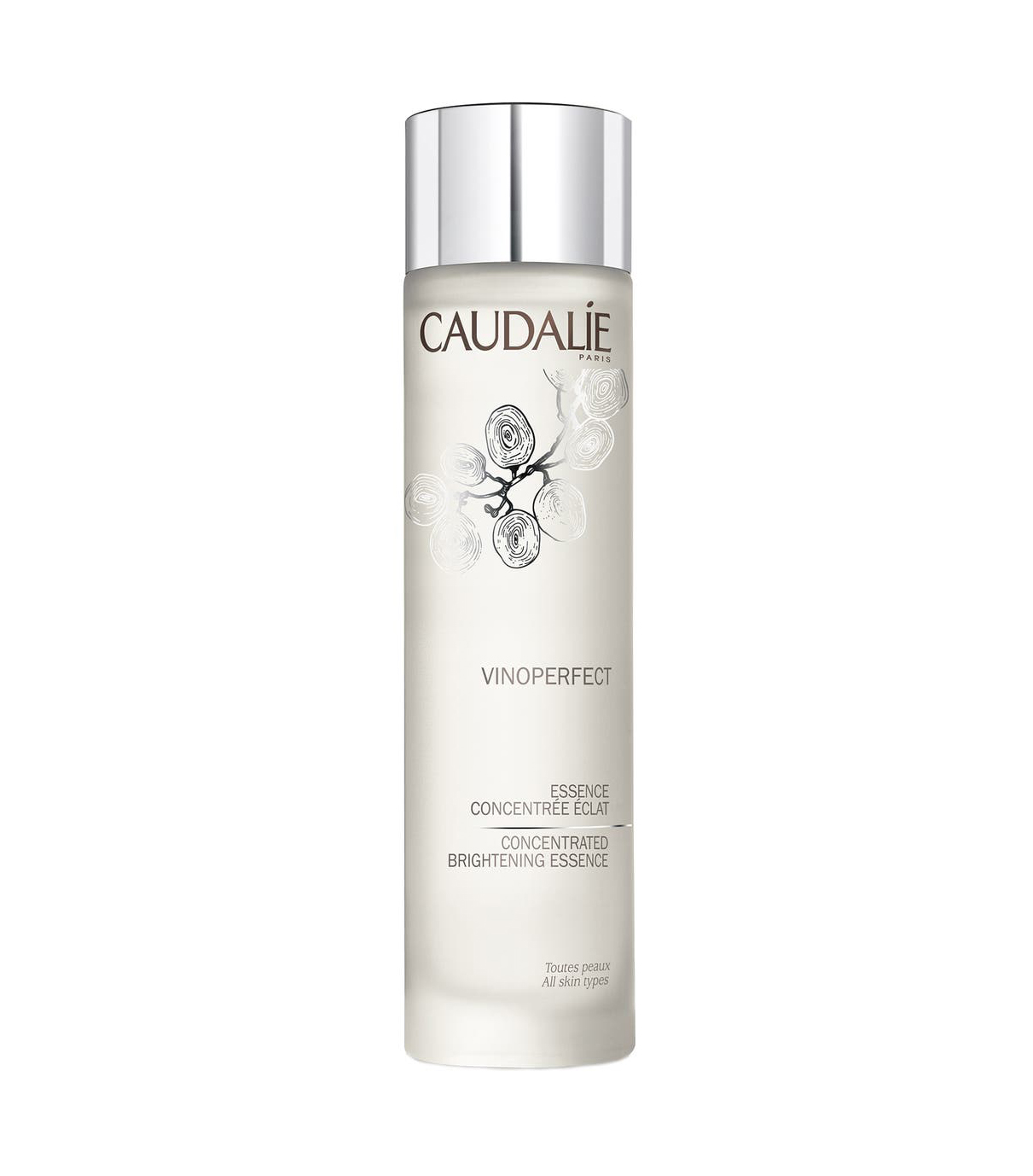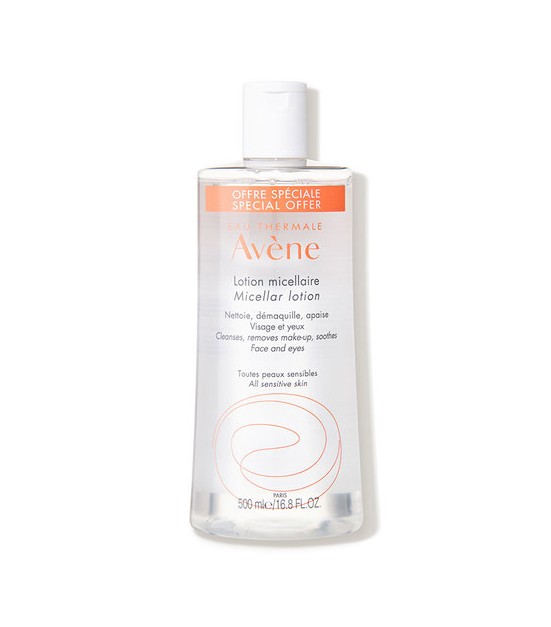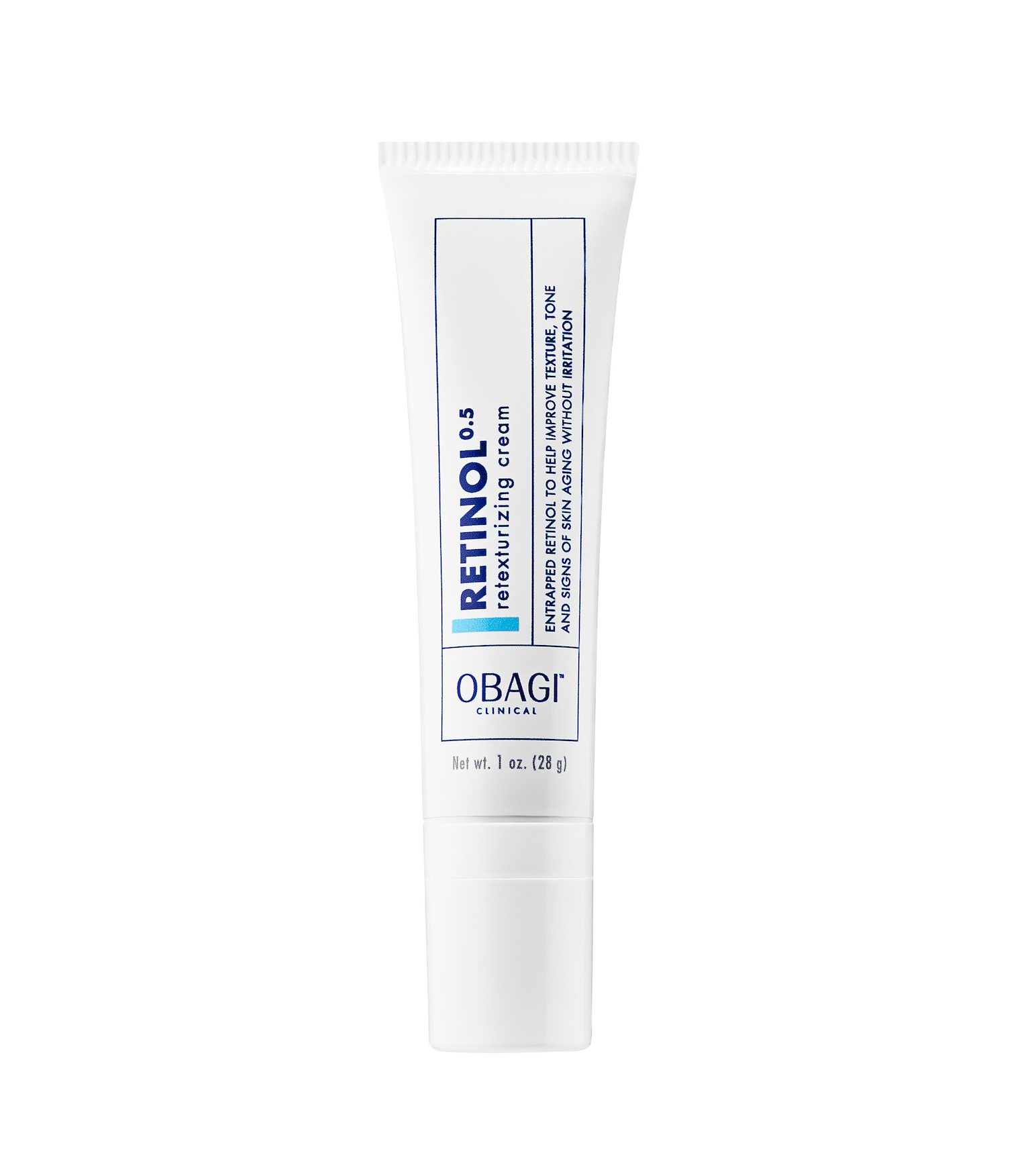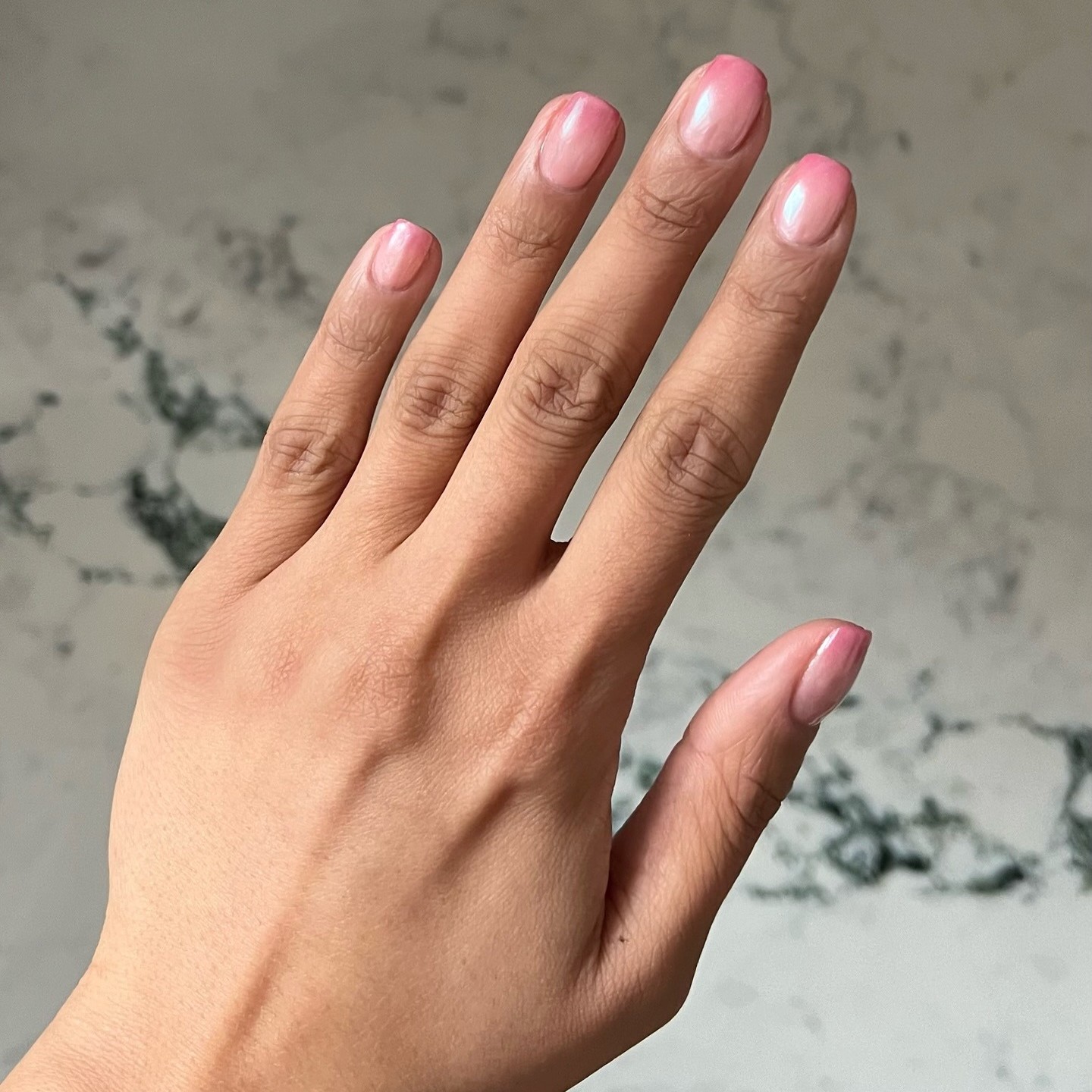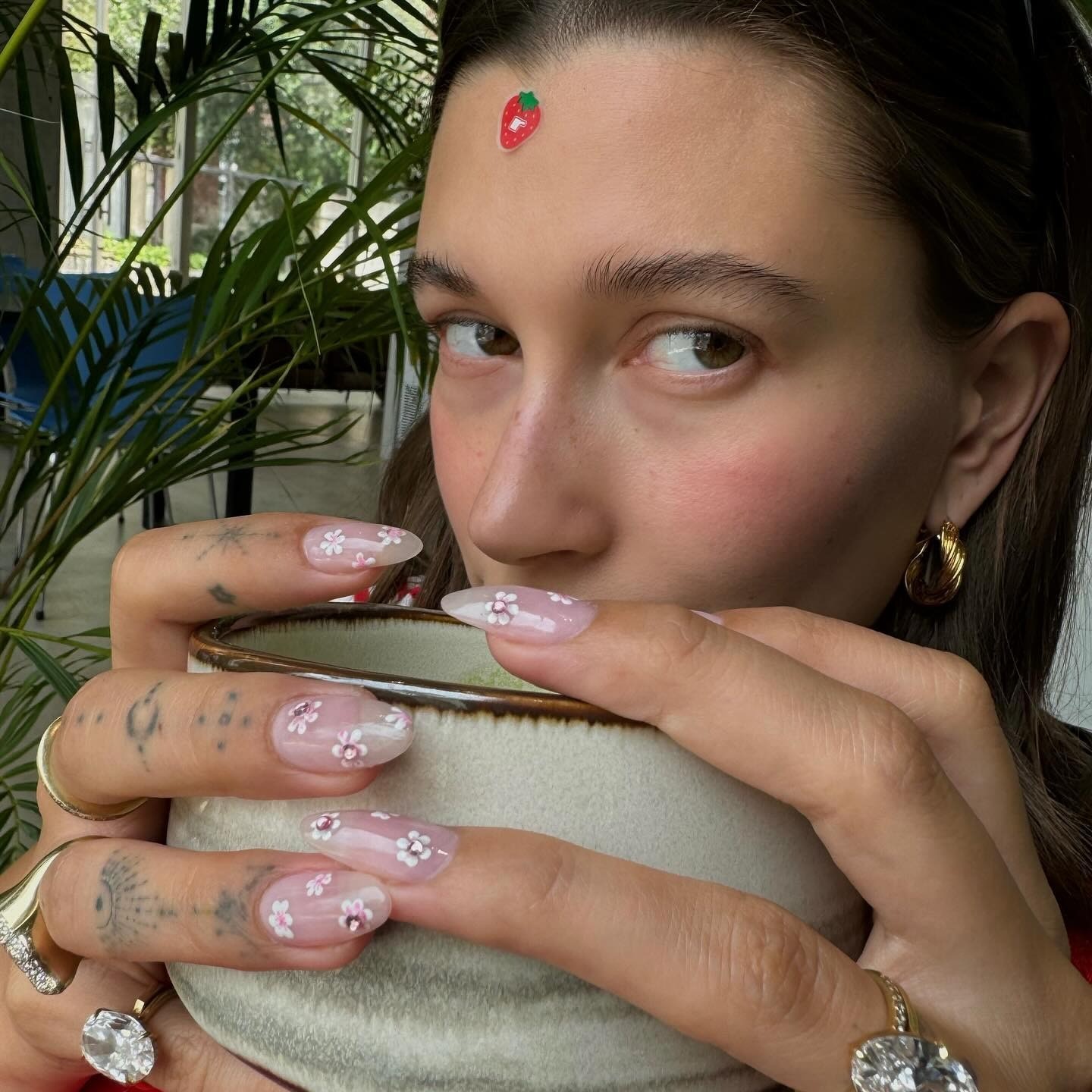I Always Get Compliments on My Skin—Here's My Full Routine
I'm just going to come out and say it: I was blessed with unfussy and relatively clear skin. Aside from the occasional eczema flare-up (mostly on my hands) and dryness, I don't have many skin complaints. If I had to classify my skin, I would say I have a normal to dry skin type. Breakouts are pretty minimal. Now that I'm 32, I do notice a couple of fine lines popping up here and there (I'm not mad about them!), but I manage to still get carded more often than not. Because I'm pretty lazy with my makeup routine, I normally keep it simple with a few dabs of concealer, mascara, brow gel, and a lip product.
The thing is, though, I don't really like to brag about my skin. It just seems like such a weird thing to flaunt. Plus, I wouldn't want to boast about having it kind of easy in the skin department when I know there are so many people who have the opposite experience—something I'm especially aware of after spending the past 12 months writing about skincare. But after much pushing from my boss and Who What Wear colleagues, who are always complimenting me on my skin (even on Zoom calls without a ring light), I've been inspired to figure out what it means to have "good" skin and talk about my own routine.

I think a lot of my hesitation toward writing a story about my skin has to do with the fact that I really don't think I do anything special to my face or have any groundbreaking tips. When people have asked me what I do for my skin, I normally just say that I always wash my face both morning and night and that I'm pretty low-maintenance when it comes to skincare products and makeup. My routine is… quite boring.
I also have a suspicion that the state of my skin has a lot to do with genetics. My mom is 67 years old, and while she does have fine lines and a couple of wrinkles, her skin is still super smooth and radiant. Growing up, I remember her routine being pretty minimal, including only drugstore face wash, Noxzema pads, and a lot of sunscreen.
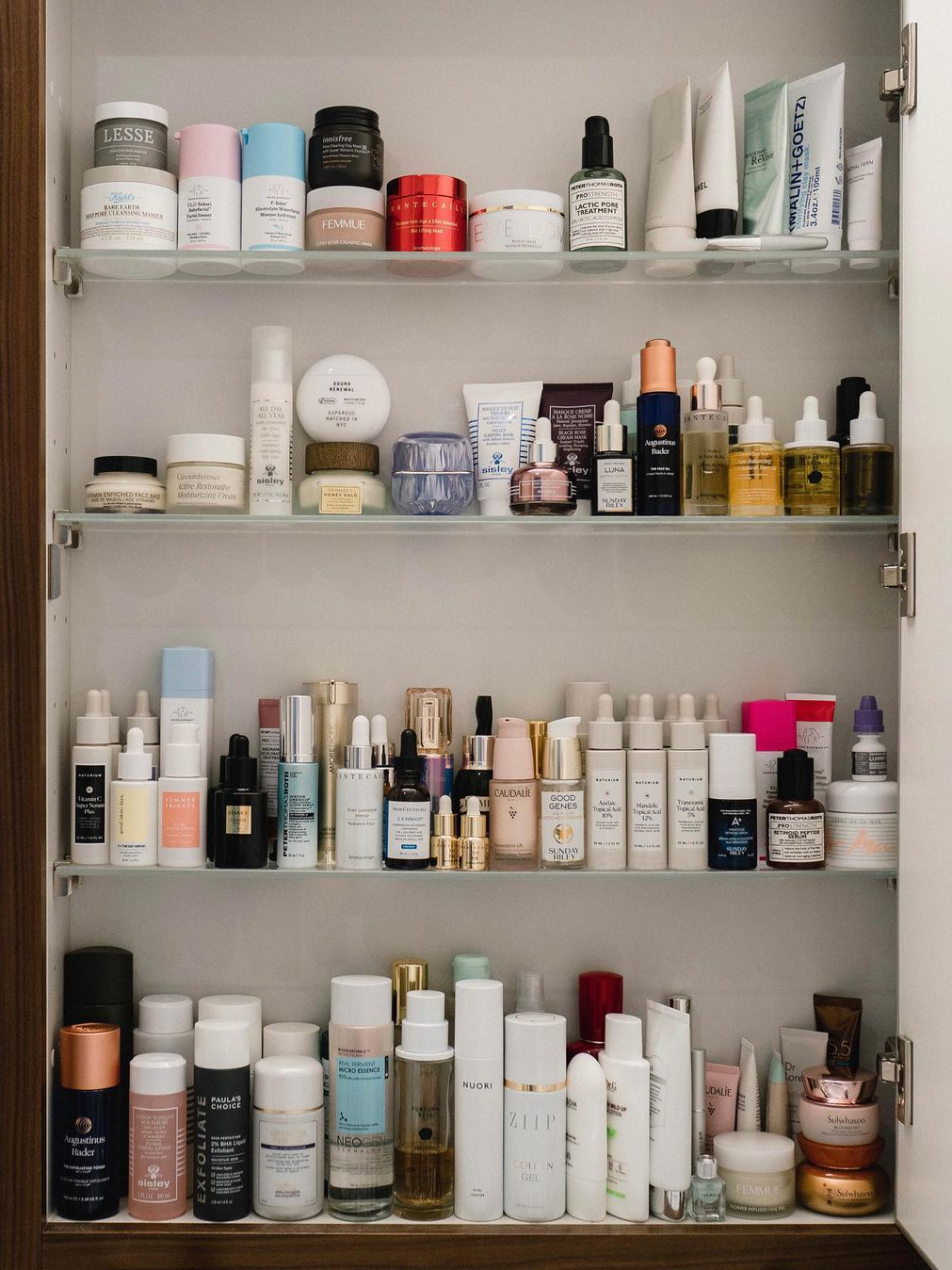
Instead of just dropping my routine and calling it a day, I wanted to get more information on what it means to have "normal" skin and how to maintain it. So I went to board-certified dermatologists Elyse Love, MD, FAAD, and Caroline Robinson, MD, FAAD, for help.
"No one ever talks about normal skin, so people with normal skin roam the world trying to find out what type of skin they have," Love explains. "That's the defining characteristic of normal skin. It's not oily. It's not dry. It's not sensitive. It's normal! I will often have patients come into the office and say, 'I don't know if I have oily skin,' and I'm always like, 'Well then, you don't!' It sounds simple, but you would know."
Love also confirmed my genetics theory. "Normal skin is genetic. Acne-prone skin is genetic. Rosacea-prone skin is genetic," she says. "The best predictor of how you will look at 50 is what your mother looks like at 50, not what your favorite celebrity looks like at 50. There has been this quiet force in the skincare world that drinking a lot of water and cold-pressed juices are the key to perfect skin, and it's a complete lie. Of course, we can always optimize the health of our skin and our body, but we are all genetically blessed with different things, and some people are blessed with normal skin. Some are even blessed with near-perfect skin—at least what mainstream society has deemed as perfect."

Many of us might forget (or, in my case, not know) that your skin type is genetic, which is something that Love often finds frustrating. "It's why beauty influencers sharing their skincare routines drive me a little crazy," she explains. "These people have become beauty influencers because they have naturally beautiful skin, and then, they go on to promote the products that work well for their naturally beautiful skin. That's not to say that beauty influencers shouldn't exist, but that, when it comes to skincare, they should be influencers for people with pretty normal skin. Viewers with acne, rosacea, or other skin concerns should seek out experts to manage their skin."
But Love also sees that there are some changes happening—she thinks Gen Z is really great at giving platforms to those with varying types of skin issues.
Robinson believes that there is also a move toward normalizing skin conditions and redefining what "good skin" means. "I think the definition of 'good' skin is simple: It's the skin that you're in. For a long time, the concept of 'good' skin and societal beauty standards in general have left marginalized groups behind," she explains. "My hope is that the direction of beauty will be to normalize common skin characteristics like texture, pores, and acne breakouts and have a more inclusive dialogue about what good skin is. I see this happening already, and it's a positive direction for future generations."
How to Take Care of Your Skin
With my low-maintenance skin, I wondered how I could take care of it and keep it healthy. I thought I was doing a good job so far, but there's always room for improvement, right? So here are a couple of things I learned.
1. Sunscreen is key: It's not surprising that the number one thing you can do to maintain healthy skin is sun protection—using sunscreen on the regular, wearing protective clothing and accessories, and staying in the shade. Robinson explains that sunlight contains a mixture of different lights, which are UV rays, visible light, and infrared light.
"When UVB rays pass through the epidermis, it can travel through the cell to the DNA and cause damaging breaks in our strands," she says. Some of these breaks can be healed by our skin's natural repair mechanisms, but as damage accumulates over time, this can place us at risk of harmful skin changes and even skin cancers. UVA rays also penetrate the skin, but they travel deeper into the dermis, which contains all of our scaffolding structures like collagen and elastin. Through increased oxidative stress and free radical production, this form of radiation can lead to changes in our collagen and DNA that eventually show up visibly on the skin as fine lines, wrinkles, discoloration, sun spots, and loss of elasticity and firmness."
2. Retinol or retinoid can help: "Retinol helps to promote skin cell rejuvenation, repair sun damage, slowly correct pigment changes, and address superficial wrinkles by boosting collagen," Robinson says. "Because retinol products can be irritating when first started, I recommend starting slow (a few nights a week) and low (a mini chocolate chip–sized amount). Increase and build up your use as tolerated. Retinol can also make you more sensitive to the sun, so never wear it during the day and always add sunscreen to your routine."
3. Start slow with new products: "Unfortunately, since most people with normal skin don't understand that they have normal skin, they also don't cherish the fact that they have normal skin," Love says. "Normal skin can be tipped into sensitive territory by using too many exfoliators or adding an exfoliator to a routine too fast."
If you're introducing something new to your routine, Robinson recommends using a small amount of the product a few times a week and working your way up in use. You can also do a "patch test" on a small area of the skin that resembles your facial skin (like your inner arm fold opposite your elbow) to see if you experience a reaction before using it on your face.
4. Get your routine down: "Mastering the basics is essential for long-term skin health," Robinson says. "In general, cleanse, moisturize, and sun protect daily, with antioxidants and retinoids being beneficial additions."
As for a generic routine for normal skin, Love shared what she would recommend below. She adds that you might want to change your products if your skin tends to fluctuate with the seasons, like a cream cleanser in the winter and a foaming cleanser in the summer.
Morning
— Gentle exfoliating cleanser: This will boost the skin's natural exfoliating potential and allow products to penetrate effectively. She likes Obagi Clinical's Exfoliating Gel or Murad's Exfoliating Cleanser.
— Refreshing skin essence: "This is a personal preference, but I love essences to add hydration to the skin and confirm its cleanliness," she says. Caudalie's essence is her favorite.
— Vitamin C or another antioxidant serum: "No sunscreen is 100% effective, so antioxidant serums help to neutralize sun- and pollution-induced damage," she says.
— Moisturizer
— Sunscreen
Evening
— Micellar water: Use this to remove makeup. Love's favorite is Avène's. You can also use an oil cleanser, depending on your preference.
— Refreshing skin essence
— Retinol: "It's the most important product for anti-aging purposes—it helps to stimulate collagen and even skin tone and texture," she says. "It can also be alternated with a glycolic acid if preferred, like Skinceuticals's Glycolic Overnight Renewal." Love's favorite OTC retinol is from Obagi Clinical.
— Moisturizer
My Routine
So how does my routine stack up? I think it's pretty close to Love's recommendations, with a few extras. Take a look at the products I keep in rotation.
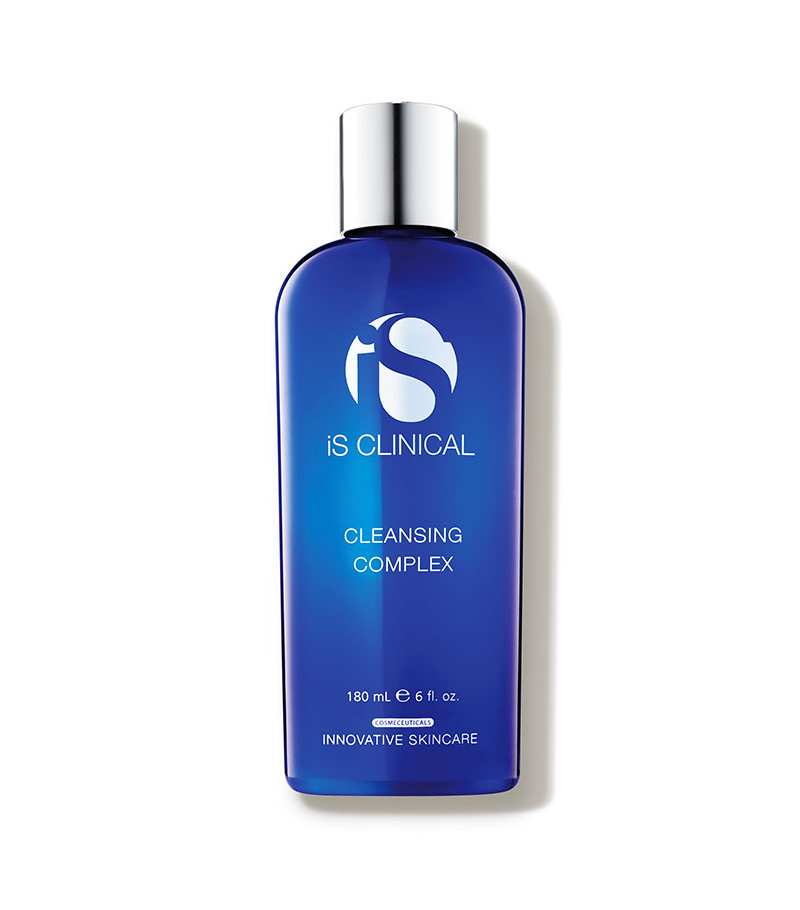
My colleagues turned me on to this cleanser, and I'll be forever grateful to them. It's a gel cleanser, which I love, and it's so gentle on my skin and doesn't dry it out. It exfoliates my skin thanks to white willow bark, and it contains a ton of antioxidants to protect and defend against free radicals and other environmental damage. I use this both morning and night.
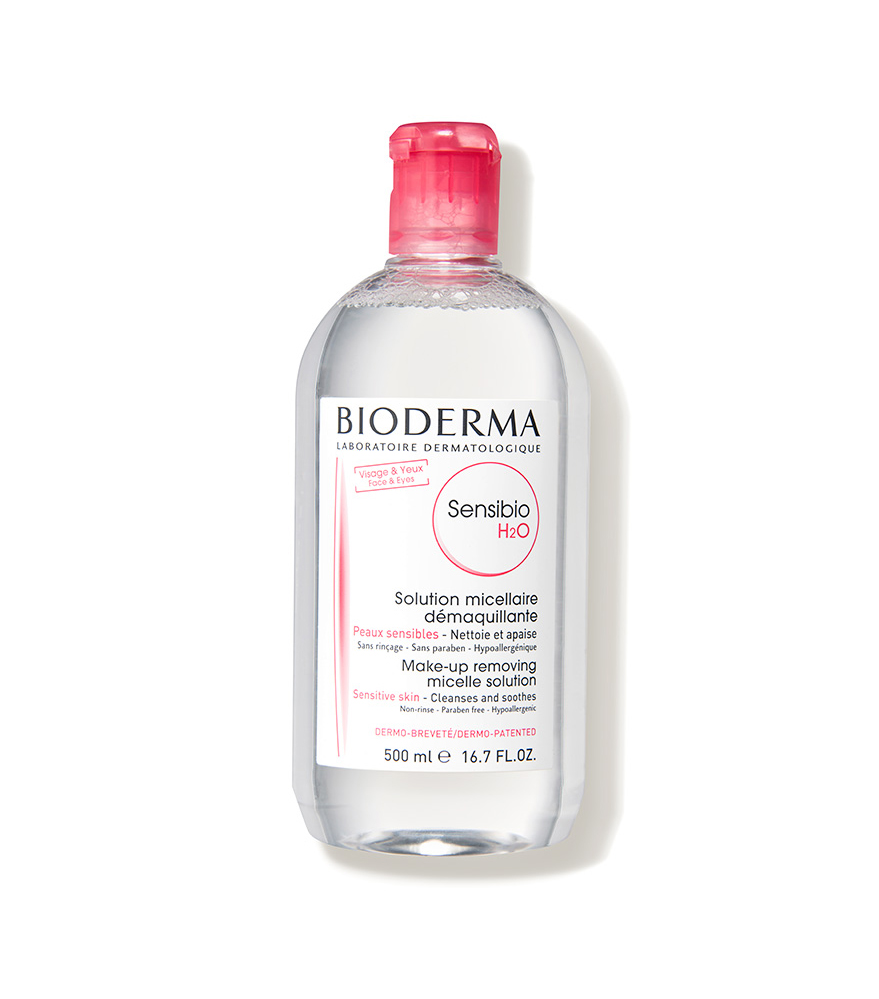
In the morning, I apply this to refresh my face before my a.m. workout. In the evening, I use this to remove makeup before I wash my face, or if I'm not wearing makeup that day, I cleanse first and then swipe the micellar water all over my face.
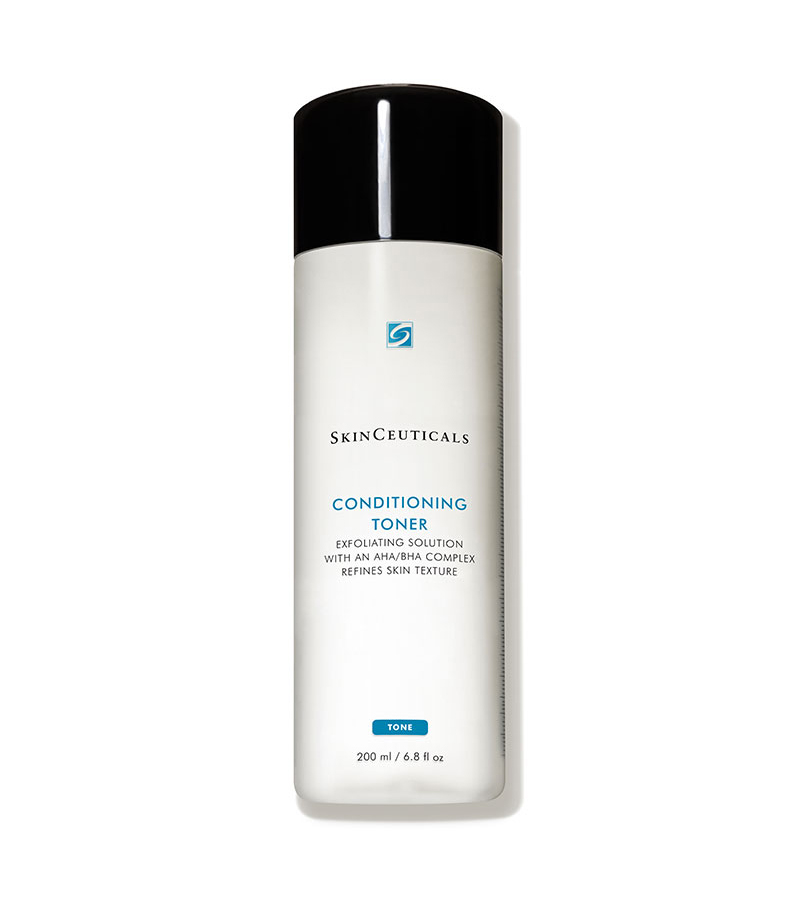
I use a toner in my evening routine about two to three times a week for a little bit of extra exfoliation. This one contains glycolic and salicylic acids, and it's not too harsh on my skin.
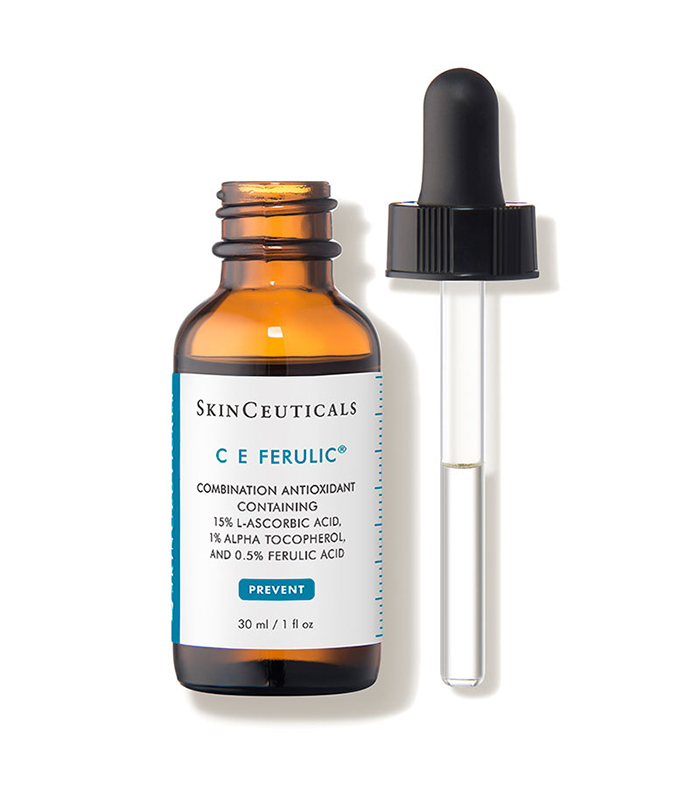
If I had to choose a holy-grail product of the past year, it's got to be this one. I'm obsessed with it. It has a lot of really great anti-aging benefits, but my favorite thing about this product is that it makes my skin absolutely radiant. After I started using this vitamin C serum, the skin compliments just came rolling in (even on Zoom calls!). I apply this one every day in the morning after cleansing.
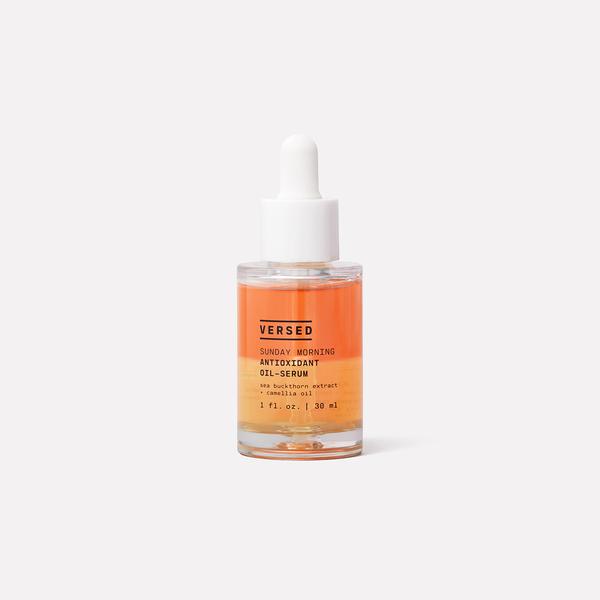
I never used face oils until I tried this one, and now, I'm a convert. I love using this in the morning (when I'm not applying C E Ferulic) after I cleanse my face because it leaves my skin silky soft and gives it a nice glow without the grease.
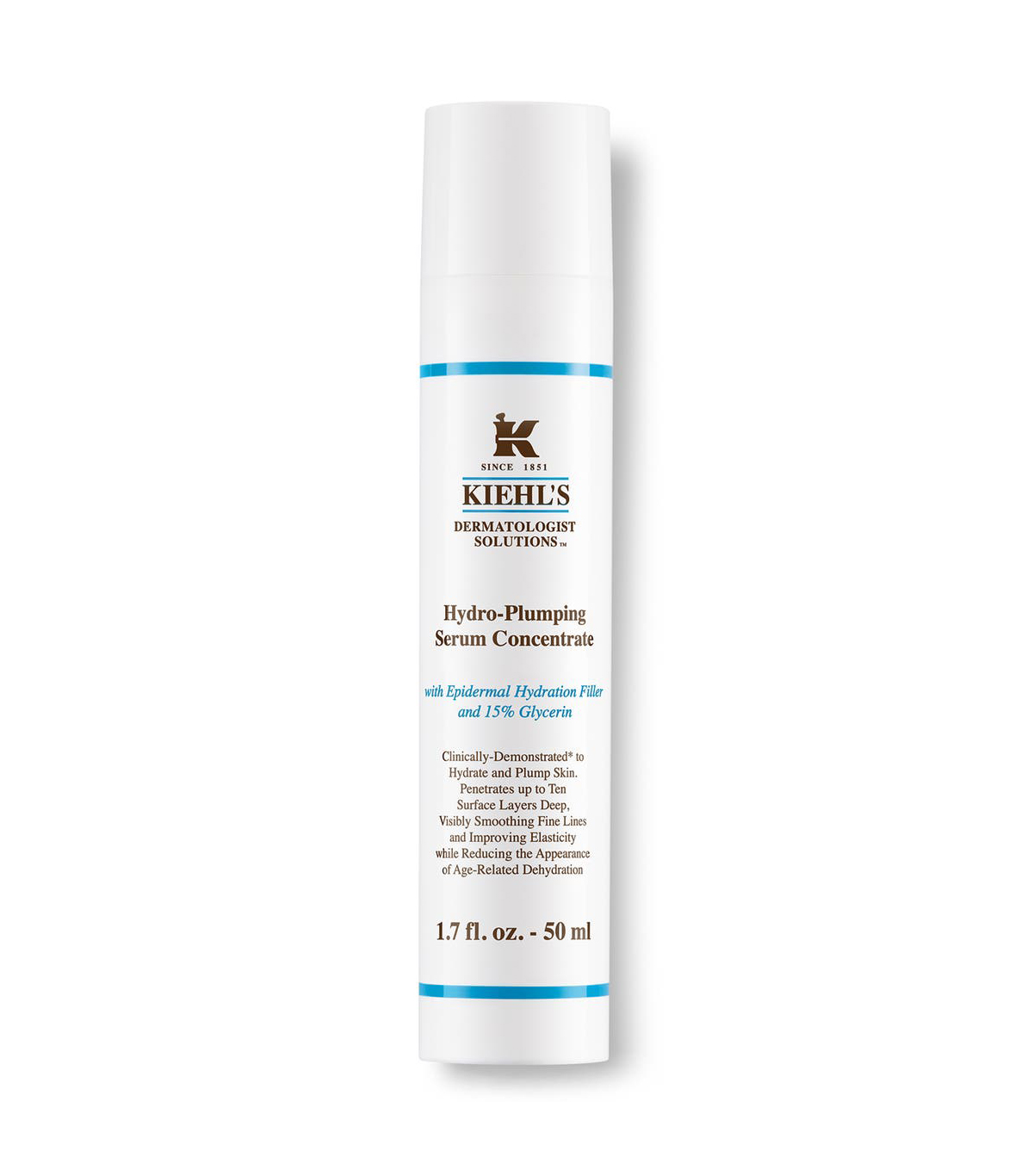
Okay, I really love serums. This is another one I keep in rotation. Without fail, there are a couple of weeks in the wintertime when my skin gets super dry, so that's when I pack on this serum morning and night (and sometimes in between). It feels so refreshing and cooling, and it does a good job of reviving my parched skin.
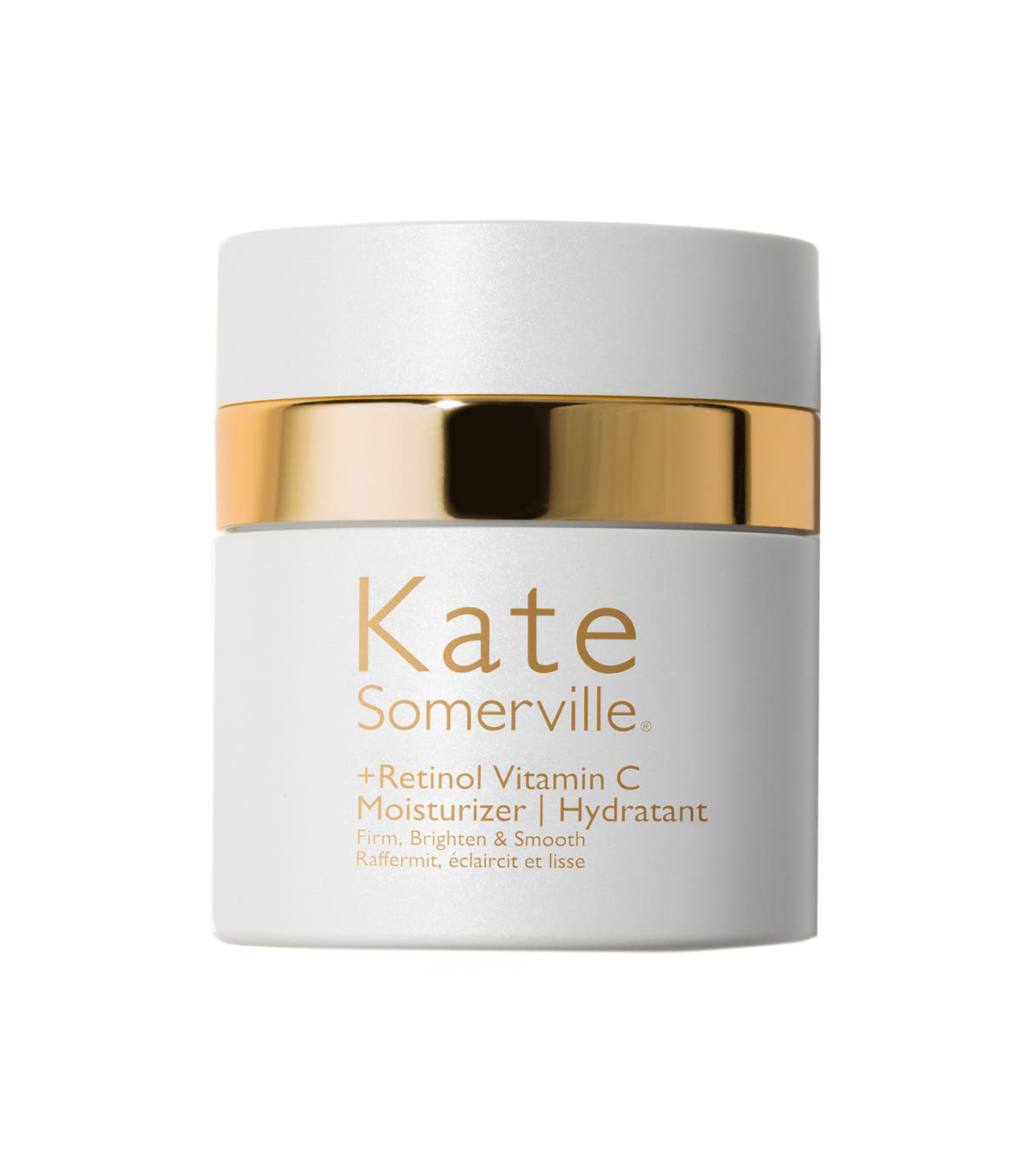
This is my go-to retinol and night cream in one. Not only does it have retinol, but it also contains vitamin C to brighten the skin and wild gooseberry extract to fight free radicals. I love that it doesn't irritate my skin at all.
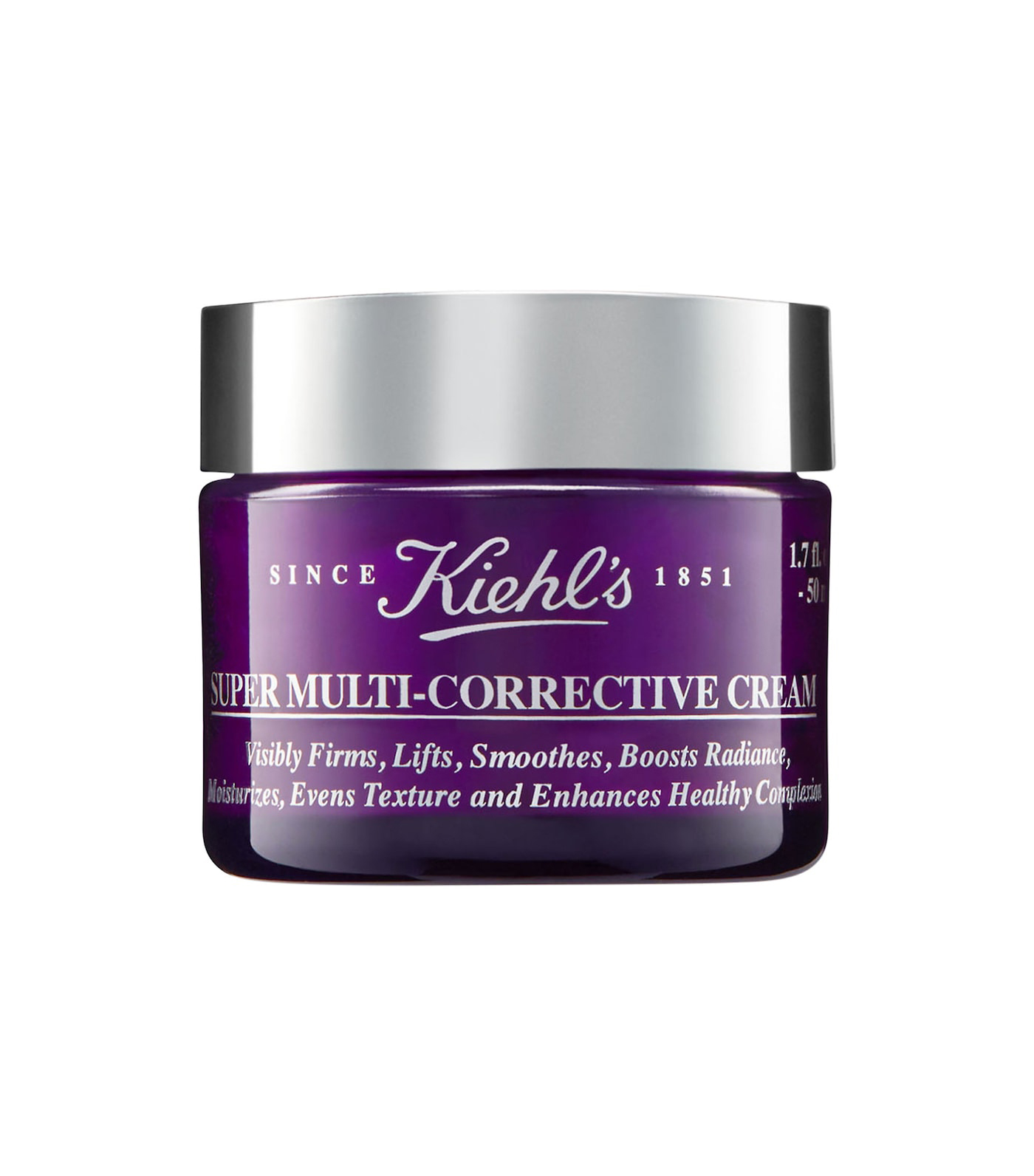
I use this Kiehl's cream as my daytime moisturizer. It targets fine lines and wrinkles and also evens your skin tone. My skin always feels so smooth and moisturized after I apply it.
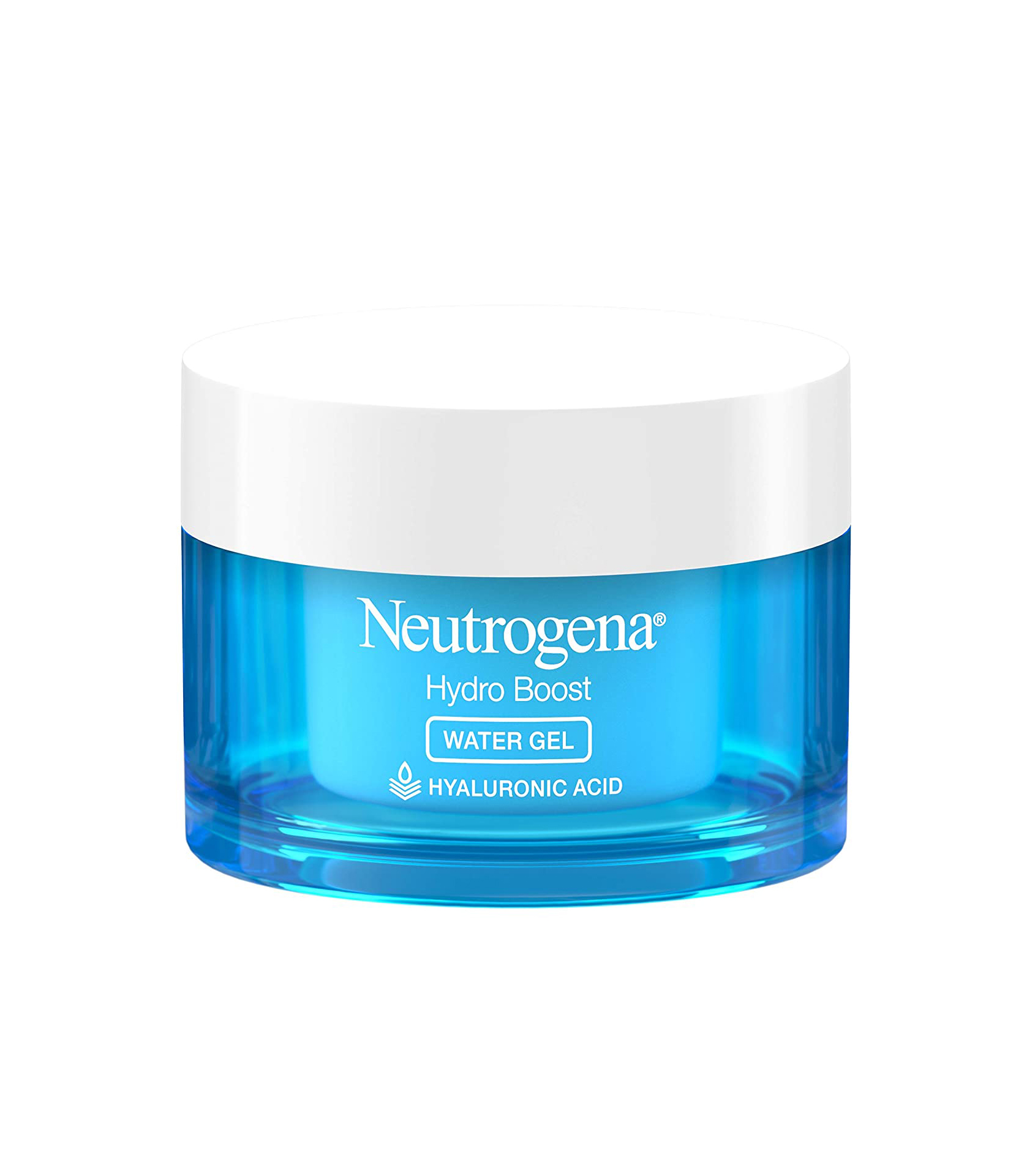
I can't get enough of this gel formula. It's so cooling and soothing and always leaves my skin looking and feeling plump and hydrated. I use this when I'm going through those dry moments I talked about earlier. It's also great to use in the mornings and evenings in the summer because it's so lightweight and refreshing.
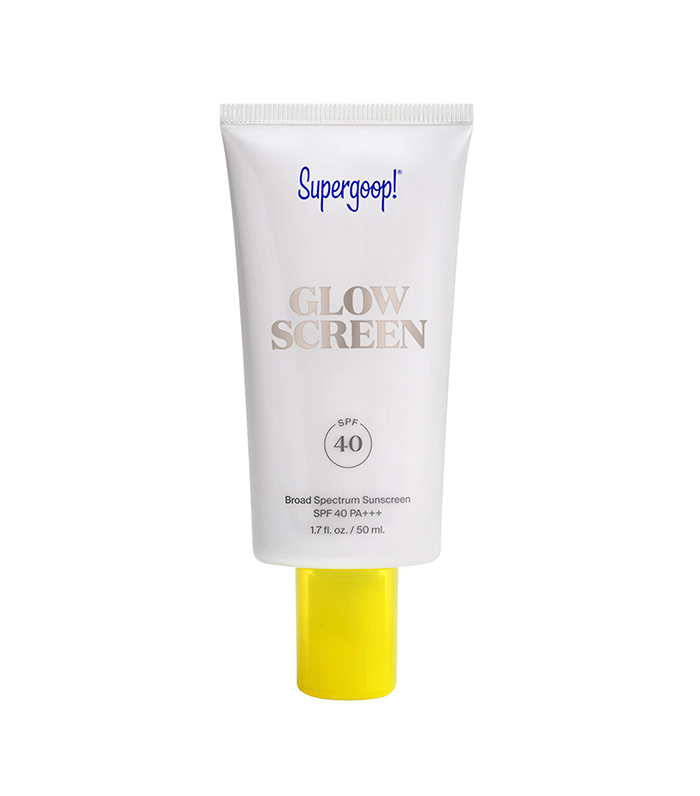
I use a couple of facial sunscreens, but this is my current go-to. It has SPF 40 and will protect against blue light. My favorite thing about it is that I can get away with not wearing any makeup when I apply this one because it leaves my skin looking radiant and refreshed. The sheer formula is so lightweight and doesn't leave any sticky or greasy residue.
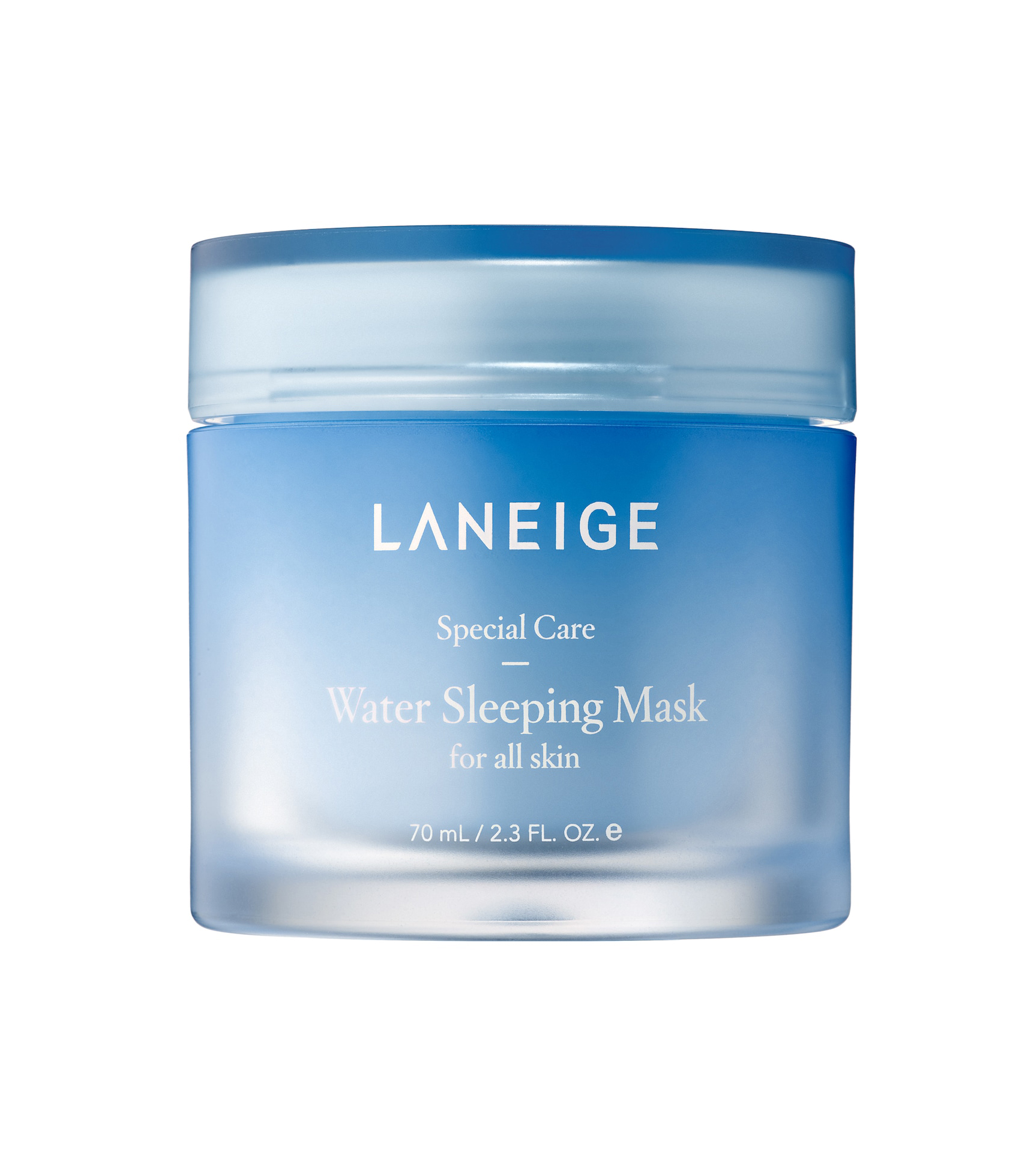
When my skin needs a little bit of a reset because it's feeling dry, I like to use this overnight mask. It has a gel-like consistency that goes on so smoothly and easily. I always wake up with hydrated and brightened skin.
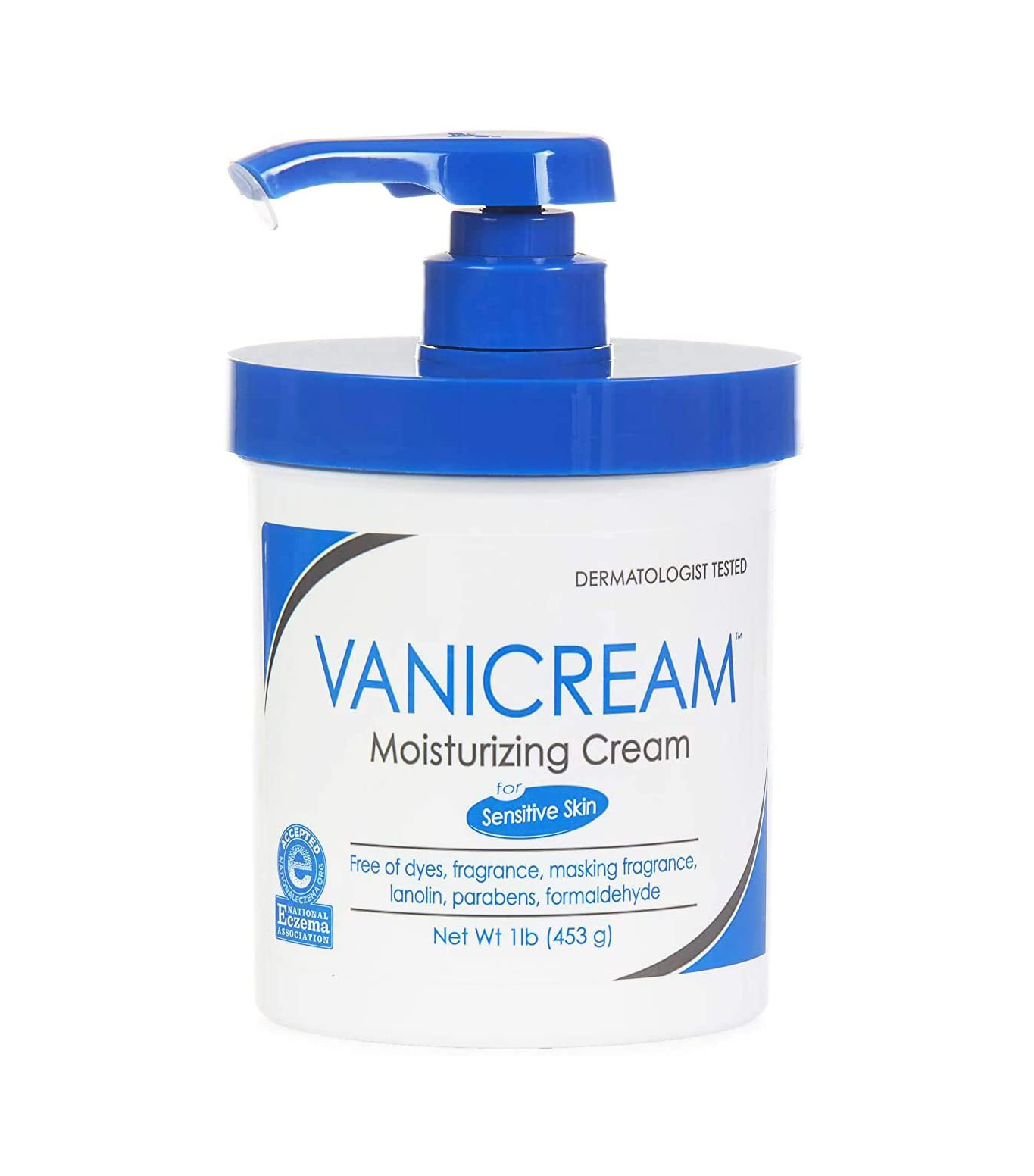
I use this lotion from my head to my toes. It's hypoallergenic and isn't formulated with any irritating ingredients. You know you're not going to mess with your skin with this product.
Next up, I've Struggled With Severe Acne for 20 Years—Here's How I Finally Beat It
Sarah is lifestyle writer and editor with over 10 years of experience covering health and wellness, interior design, food, beauty, and tech. Born and raised in Los Angeles, she attended New York University and lived in New York for 12 years before returning to L.A. in 2019. In addition to her work at Who What Wear, she held editor roles at Apartment Therapy, Real Simple, House Beautiful, Elle Decor, and The Bump (sister site of The Knot). She has a passion for health and wellness, but she especially loves writing about mental health. Her self-care routine consists of five things: a good workout, “me” time on the regular, an intriguing book/podcast/playlist to unwind after a long day, naps, and decorating her home.
